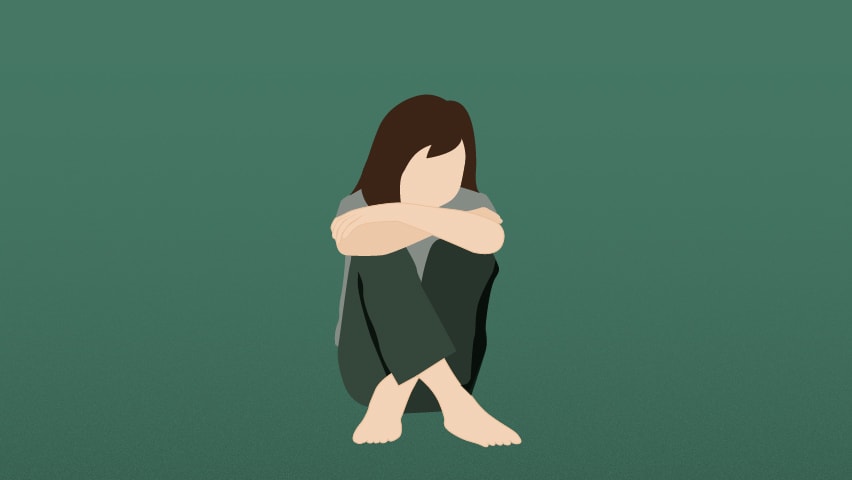By Tenzin Gyalpokhang
People everywhere are feeling stress, fear, and anxiety due to COVID-19. Elderly population with pre-existing conditions are heavily impacted by the pandemic. The other biggest victim of COVID-19 could be children. There’s mounting evidence about the psychological toll it has inflicted on children. School closures to lockdowns caused significant disruptions in children’s lives.
Even in the absence of a pandemic, previous studies reported a high prevalence of anxiety and depressive symptoms among Tibetan refugee children. Furthermore, a 2008 study from Emory University found that children born in Tibet who escaped to India had significantly more anxiety and depressive symptoms than children born in exile (1). Given the added disruptions from the pandemic, these concerns should be dealt more seriously. The study suggested one of the factors for higher anxiety and depressive symptoms by children escaped from Tibet could be the lack of family contact. Children born in Tibet are less accessible to direct family contact than children born in India.
During this pandemic, family support is critical for children to navigate and adapt to the drastic changes from COVID-19. Children born in India have returned to the safety of their parent’s homes whereas many children born in Tibet are in group foster homes (Khimstang), hostels, or with their far-off relatives. This lack of immediate family protection and support could have far-reaching and significant effect on the physical and emotional development of young children.
Khimstangs do provide comfort and a sense of belonging to children. However, in these unprecedented times with school closures and much of teaching and learning happening remotely, khimstangs have become the center of a child’s education. Foster parents in khimstangs have lots of experience in providing help to students in daily chores. Unfortunately, most foster parents have limited training and a lack of educational background to help students with school work. Younger children are not independent to learn on their own. Many older students may assist younger children leaving them with limited time and putting them in danger of being behind in studies. This puts extra responsibility upon foster parents who are completely unprepared or underprepared for virtual learning. Furthermore, as much of the teachings turned online, khimstangs may lack the infrastructure to provide remote learning at all. Even if the schools manage to provide infrastructure, there might be disparities in internet access at foster homes. Children at foster homes may have limited or no internet access whereas exile born students would have greater access to the internet. This could result in foster children falling behind peers. It would be huge negligence if our failure to provide essential resources obstruct children’s development.
In addition, now that children are under lockdown with little time for outside games and exercises, there is a risk for increased incidences of violence in group foster homes due to stress. The institutions should provide services for children at risk of violence and sexual exploitation. Also, children should have easy access to counselors in case of disruptive behavior caused by anxiety, frustration, and learning issues.
Tibetan academic institutions including monastic institutions should provide additional support and special consideration to protect young children especially children born in Tibet as they are more vulnerable to anxiety and depression.
The author is a former THS Mussorie student, currently working and living in Portland, Oregon.
(Views expressed here are his personal)











3 Responses
I agree !
Not true at least for me being born in Tibet. We are isolated and quarantined from the beginning when we took our first step from our home many years ago. We are strong and calm mentally & physically. There is no need to worry about we becoming violent in the society.. but appreciate the concern… thank you..
True CTA should provide more support to Tibetans born in Tibet. CTA announced a loan to sweater sellers. But it is odd there is no loan for I stand born in Tibet to start business.
Maybe CTA has to publish how Thebaid money from USA and Canada are spent for refugees. It looks like CTA is giving more favourable financial support to more established Tibetan refugees born in India while ignoring those from Tibet.
This is a serious issues and needs a review. I lived in India for more than 10 years. And from my experience, CTA is misusing donation money. If Lobsang Sangay doesn’t correct the errors, one day aggrieved parties will write to govtments for accountability.